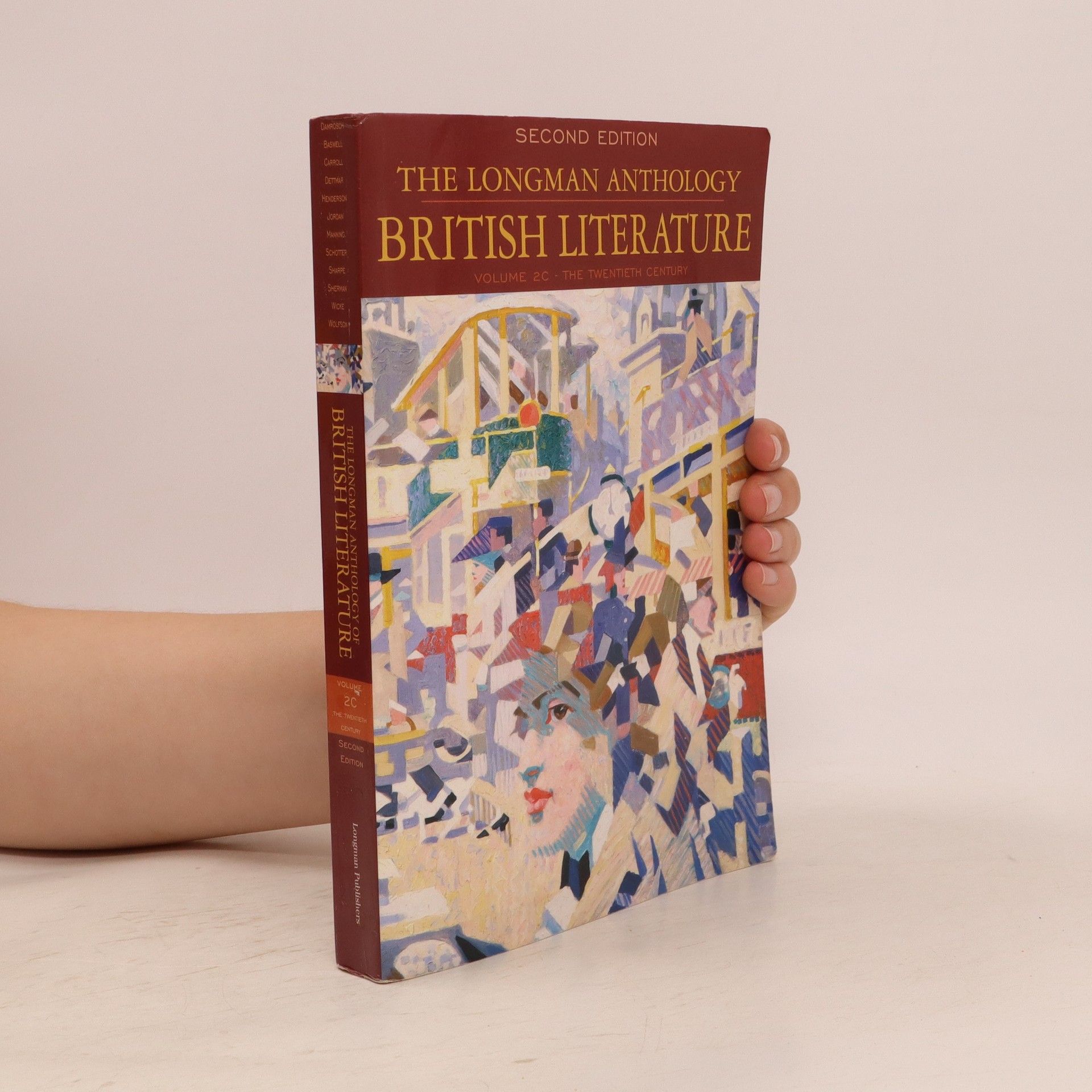Paperback reprint. Originally published: 2020.
David Damrosch Libros
David Damrosch es un destacado erudito de la literatura comparada y mundial, cuya obra abarca desde la antigüedad hasta la actualidad. Profundiza en la evolución y transformación de los géneros literarios, explorando los contextos históricos y culturales que dan forma a la creación y difusión de obras literarias. Su investigación ilumina cómo leer y comprender la literatura mundial a escala global, enfatizando la interconexión de las tradiciones literarias a través de culturas y siglos. También aborda el entorno académico y los enfoques pedagógicos dentro de los estudios literarios.



A transporting voyage around the globe through classic and modern literary works in conversation with one another and the world. Inspired by Jules Verne's Phileas Fogg, David Damrosch, chair of Harvard's Department of Comparative Literature, explores eighty exceptional books to counter pandemic travel restrictions. His literary journey spans from London to Venice, Tehran, and beyond, featuring authors from Woolf and Dante to Nobel laureates like Orhan Pamuk, Wole Soyinka, Mo Yan, and Olga Tokarczuk. Damrosch examines how these works shape our understanding of the world and how the world influences literature. He highlights the duality of writers' experiences: their personal lives and the literary canon that informs them. His cartography includes contemporary works, timeless classics, gritty crime fiction, and enchanting fantasy, along with formative tales that introduce us to the world. Collectively, these eighty titles provide fresh perspectives on enduring issues, from the social impacts of epidemics to rising inequality, as explored by Thomas More in Utopia, and the patriarchal struggles faced by many heroines, from Murasaki Shikibu to Margaret Atwood. This exploration invites readers to look beyond themselves and perceive their world and its literature in new ways.